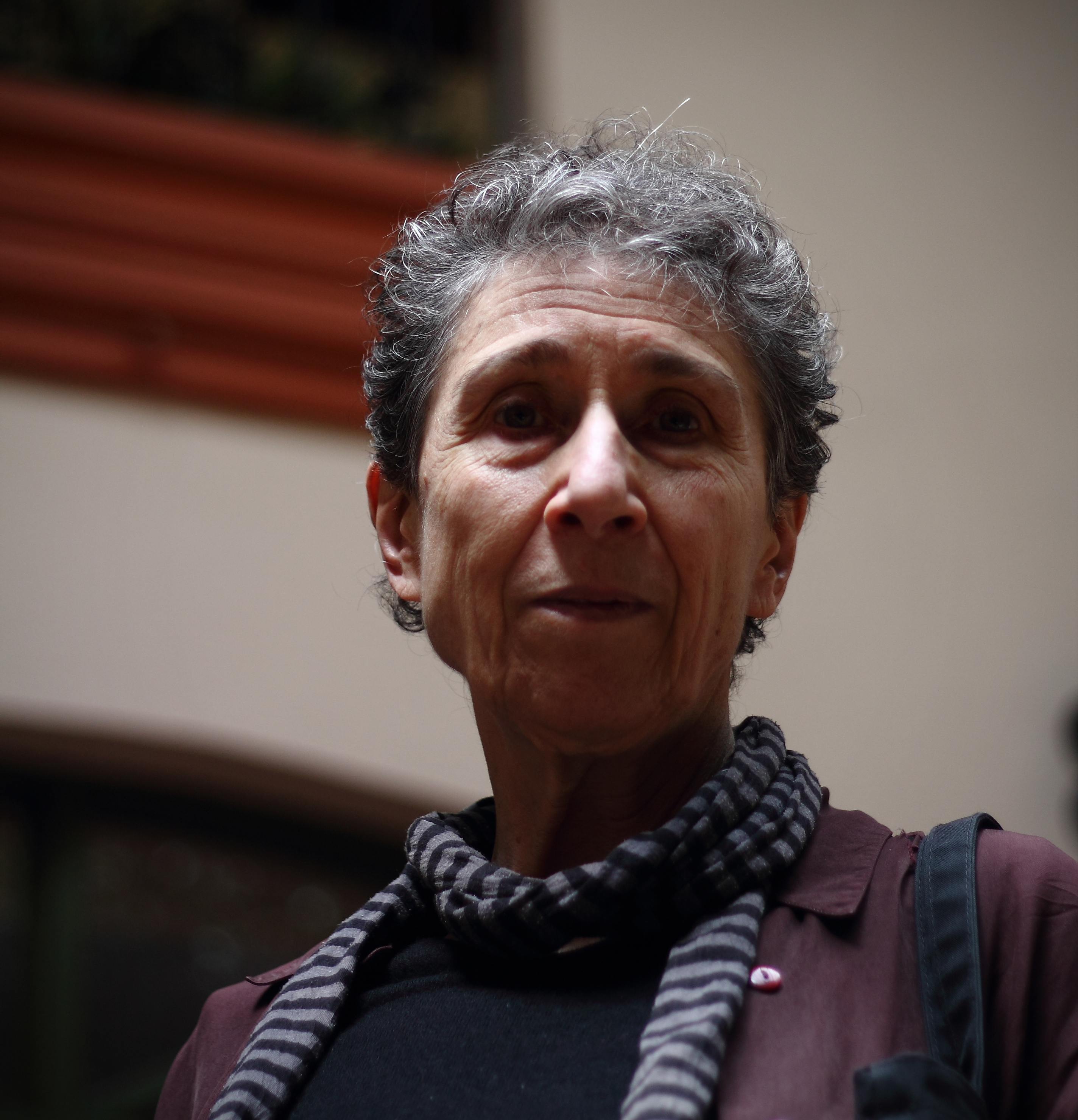Silvia Federici is a longtime feminist activist, teacher and writer.
In 1972 she was among the founders of the International Feminist Collective, the organization that launched the Campaign for Wages For Housework in the US and abroad. She has also been active in the anti-globalization movement and the anti-death penalty movement. In the 1990s she was a member of the radical journal Midnight Notes and in 1991, after a period of teaching in Nigeria, she helped found the Committee for Academic Freedom in Africa, which for more than ten years documented the struggle of African students against the austerity programs imposed by the IMF and the World Bank on African countries, which also severely impacted university life. She presently lives in New York and is member of the Feminist Research on Violence collective.
She is the author of books and essays on political philosophy, feminist theory, feminist movements and struggles and has lectured in Universities in the US, Europe Africa and South America. She is Emerita Professor of Political Philosophy and International Studies at Hofstra University (Hempstead, New York).
Her published works include:
Caliban and the Witch: Women, the Body and Primitive Accumulation, a book that has circulated internationally and is now translated in more than 20 languages.
Revolution at Point Zero. Housework, Reproduction and Feminist Struggle
Re-enchanting the World. Feminism and the Politics of the Commons.
The Patriarchy of the Wage. Notes on Marx, Gender and Feminism.
Beyond the Periphery of the Skin. Rethinking, Remaking, Reclaiming the Body in Contemporary Capitalism.
She is the editor of Enduring Western Civilization: The Construction of Western Civilization and its “Others” (1994 editor), and co-editor of A Thousand Flowers: Social Struggles Against Structural Adjustment in African Universities (2000, co-editor); African Visions. Literary Images, Political Change and Social Struggles in Contemporary Africa (2000).
Free and open to the public.
Event accessibility information: To bypass stairs, visitors may enter via the automatic doors at the rear of the building, where there is a wheelchair-accessible elevator.

